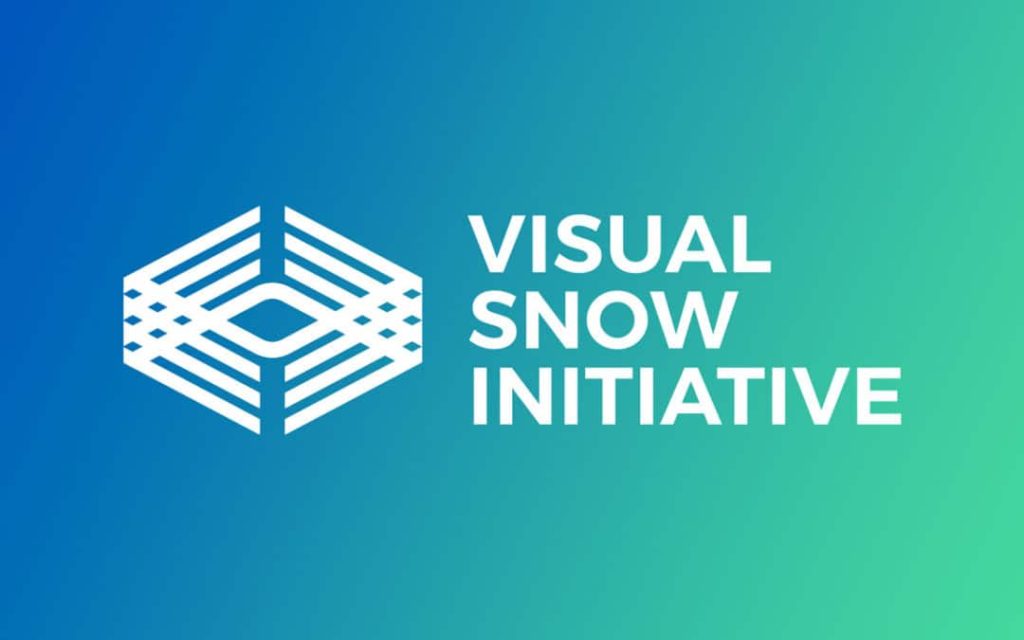All donations to the Visual Snow Initiative (VSI) go directly to Visual Snow Syndrome research. Details regarding the Visual Snow Syndrome (VSS) research being funded by the VSI can be found below.
Thank you so much to all of our supporters and global VSS researchers for your diligence and passion towards helping us find solutions for VSS!
Current areas of study for VSI-funded research include:
• Identifying biomarkers and further understanding those which have recently been identified (i.e. abnormalities in serotoninergic and glutamatergic neurotransmission)
• Understanding the pathophysiology and underlying mechanisms of VSS as a network disorder
• Using this data to identify potential safe, targeted, and effective treatments for VSS; this includes both possible medications/pharmacological and additional noninvasive interventions
Methods include:
• Brain imaging using the most powerful state-of-the-art neuroimaging techniques, including a 7-Tesla MRI
• Positron emission tomography (PET) imaging to test the distribution of different chemical receptors in the brain
• Receptor-Enriched Analysis of Functional Connectivity by Targets (REACT) approach
• Utilizing Mindfulness-Based Cognitive Therapy modified for VSS symptoms (MBCT-vision) to alter the brain’s visual network and neural pathways to alleviate symptoms
• Utilizing visual tests and blood samples
• Electroencephalography (EEG)
• Neuromodulation
• Neuro-Optometric Rehabilitation Therapy (NORT) to strengthen visual function, alleviate symptoms, and improve quality of life
• Transcranial magnetic stimulation (TMS) / Repetitive transcranial magnetic stimulation (rTMS)
Principal investigators include:
• Possible medication (i.e. pharmacological intervention) to treat Visual Snow Syndrome
Dr. Peter Goadsby, Dr. Francesca Puledda, Dr. Christoph Schankin, and Sarah Aeschlimann
Dr. Francesca Puledda in association with Dr. Peter Goadsby, King’s College London
• MBCT to treat Visual Snow Syndrome symptoms (fMRI measurements and RCT)
Dr. Sui Wong, Guy’s and St Thomas’ NHS Foundation
Dr. Christoph Schankin and Antonia Klein, Bern University Hospital
• TMS/rTMS to improve symptoms and visual dysfunction associated with Visual Snow Syndrome
Dr. Victoria Pelak, University of Colorado (Funded by VSI in 2019 and delayed due to the pandemic, Dr. Pelak has stated that her study on rTMS for VSS study is still ongoing.)
Thank you for your ongoing support!


